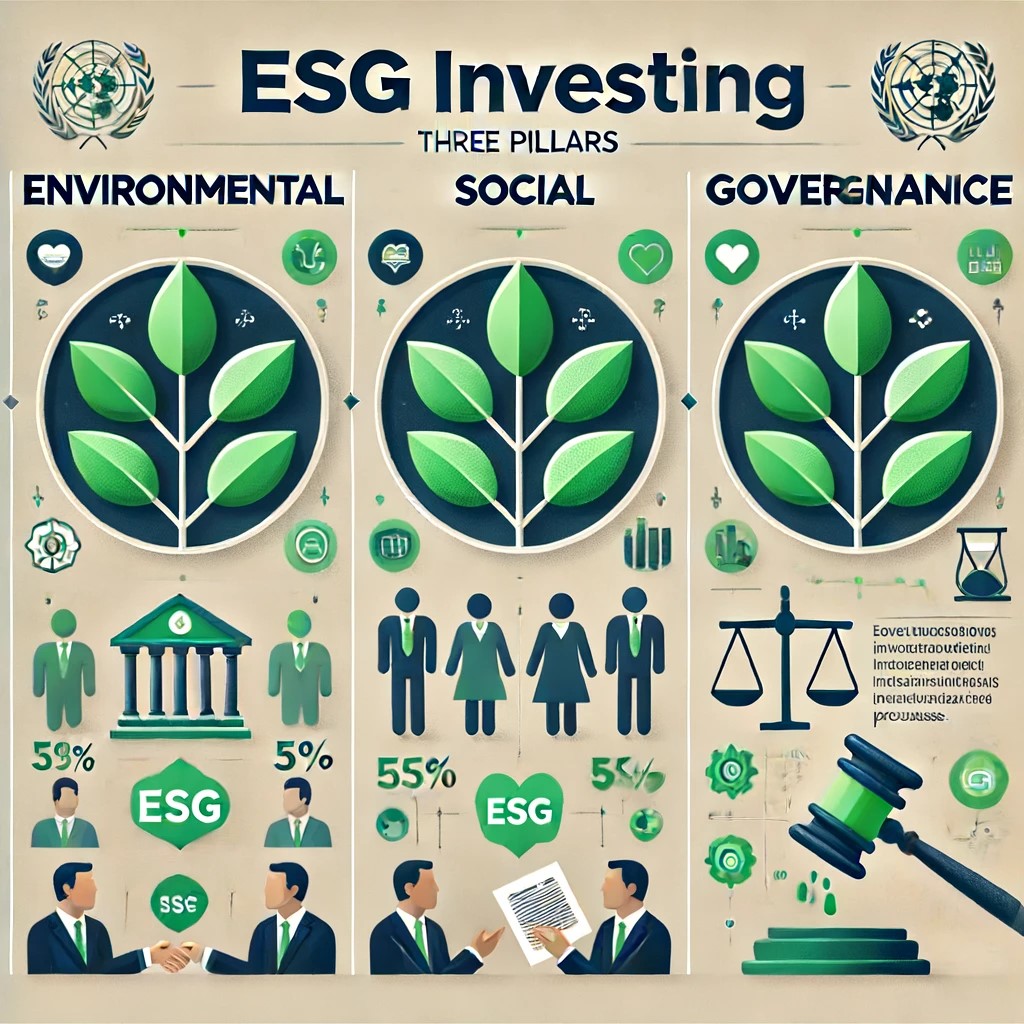ESG Investing: Understanding the Metrics and Its Impact
Environmental, Social, and Governance (ESG) investing has gained significant traction in the financial world, becoming a crucial factor in investment decisions for a growing number of individuals and institutions. ESG investing refers to the practice of incorporating environmental, social, and governance factors into investment decisions, aiming to generate sustainable, long-term financial returns while considering the broader impact on society. This article delves into the metrics of ESG investing, examines its current influence on the market, and anticipates future trends.

Understanding ESG Metrics
Environmental Criteria: This aspect of ESG metrics evaluates how a company performs as a steward of nature. It includes the company's energy use, waste, pollution, natural resource conservation, and treatment of animals. Metrics also assess any environmental risks a company might face and how those risks are managed. For example, are they complying with government environmental regulations, or are they leading the way with innovative sustainable practices?
Governance Criteria: Governance deals with a company’s leadership, executive pay, audits, internal controls, and shareholder rights. Investors may want to know that a company uses accurate and transparent accounting methods, and that stockholders are allowed to vote on important issues.

Current Trends in ESG Investing
Growing Demand: There is a growing demand for ESG investments as both individual and institutional investors are increasingly conscious of the potential impacts their money can have. Many are choosing to invest in companies committed to ethical practices and sustainability, believing that these companies will offer better long-term returns due to their forward-thinking approaches.
Integration into Analysis and Decision-Making: More investment firms and advisors are incorporating ESG factors into their analysis and decision-making processes. They recognize that companies aligned with ESG criteria can mitigate risks and capitalize on opportunities, particularly in a world increasingly affected by environmental and social challenges.
Performance: Numerous studies have demonstrated that ESG investments can perform as well as or better than non-ESG counterparts. Investors are noticing that companies with high ESG ratings often manage risks better and are more likely to avoid scandals that could impact their stock prices and investor trust.

Future Predictions for ESG Investing
Regulatory Influence: Expect greater regulatory support for ESG investing in the future. Governments around the world are beginning to recognize the importance of sustainability, leading to policies that favor ethical business practices. This could mean more incentives for companies to improve their ESG metrics and for investors to allocate their funds accordingly.
Broader Scope: The criteria for ESG metrics will likely expand to address emerging global issues, such as data privacy and artificial intelligence ethics. As societal values evolve, so too will the parameters for ESG evaluations.
Conclusion
ESG investing represents a profound shift in how investments are evaluated, focusing not only on financial returns but also on positive contributions to society and the environment. As awareness and demand continue to grow, ESG investing is set to reshape the investment landscape, promising benefits for both investors and the world at large.






